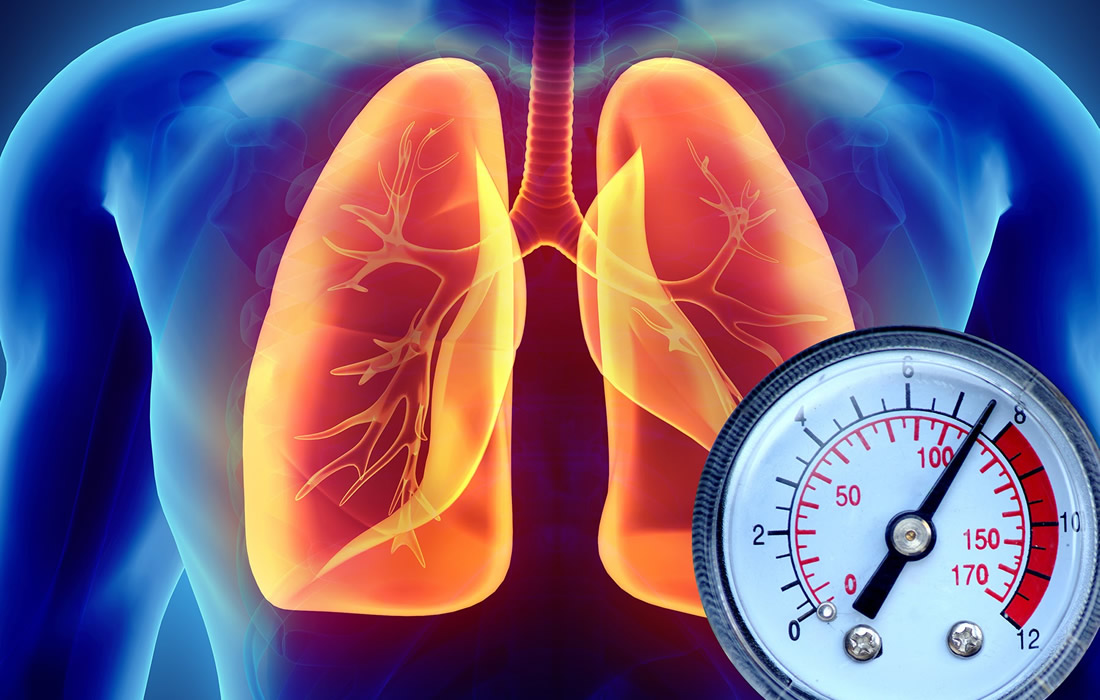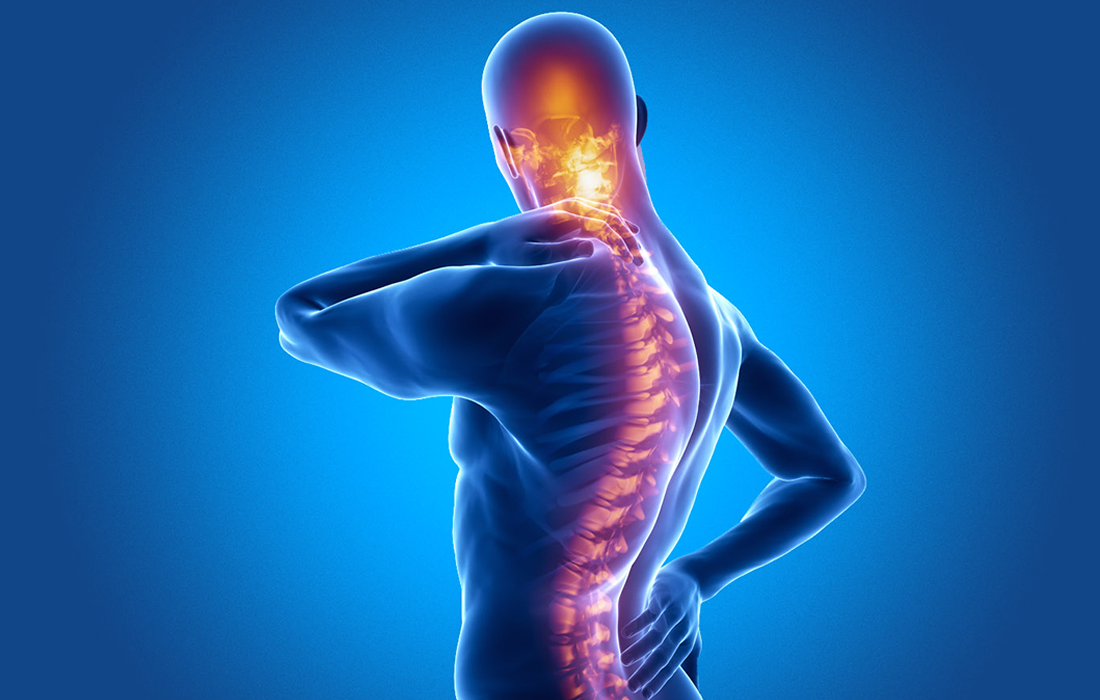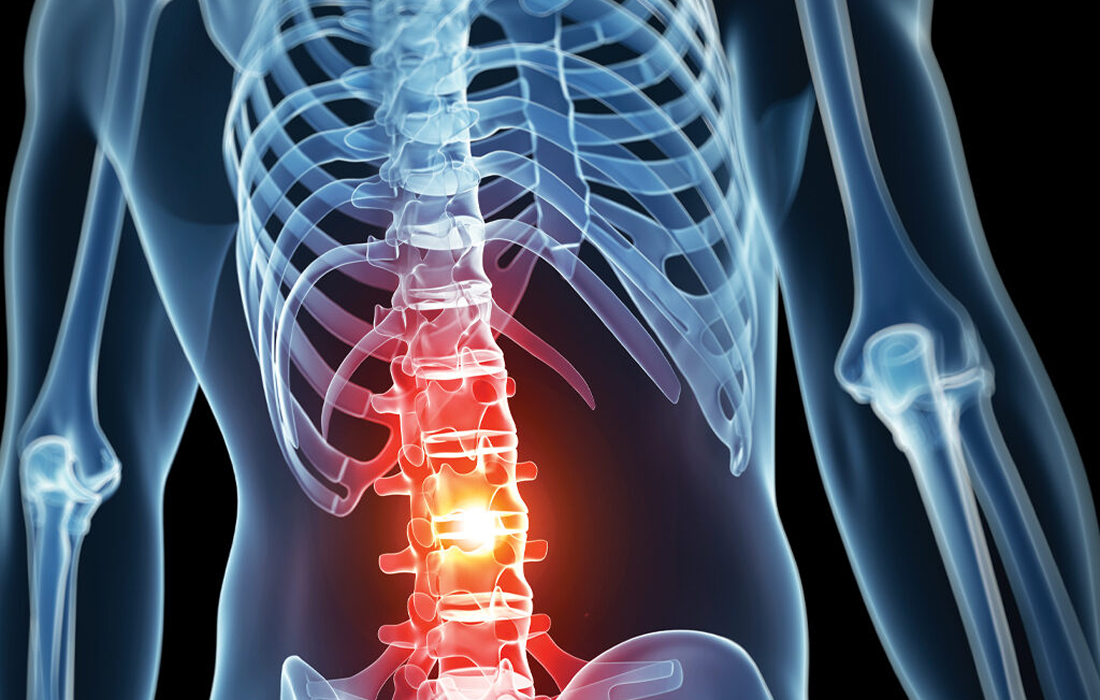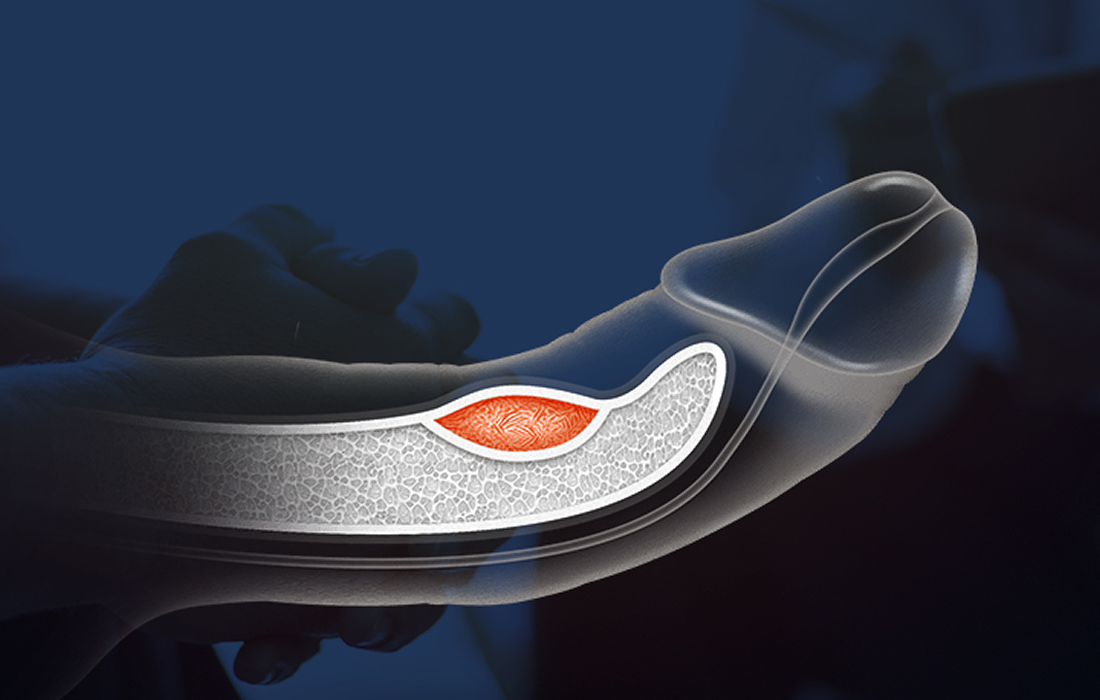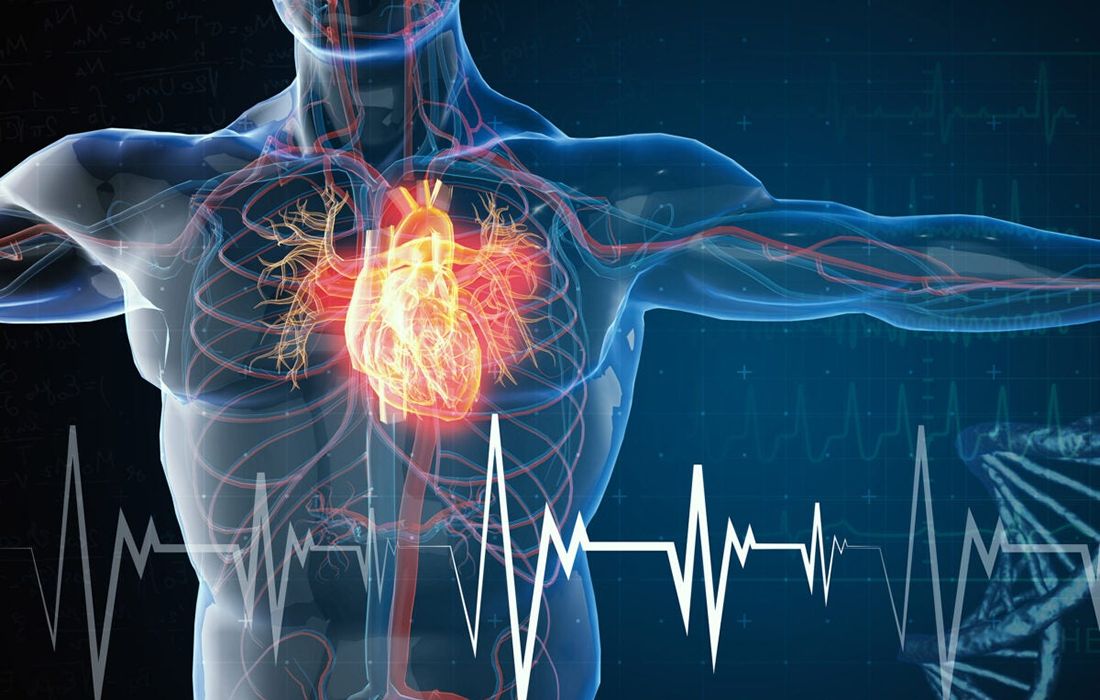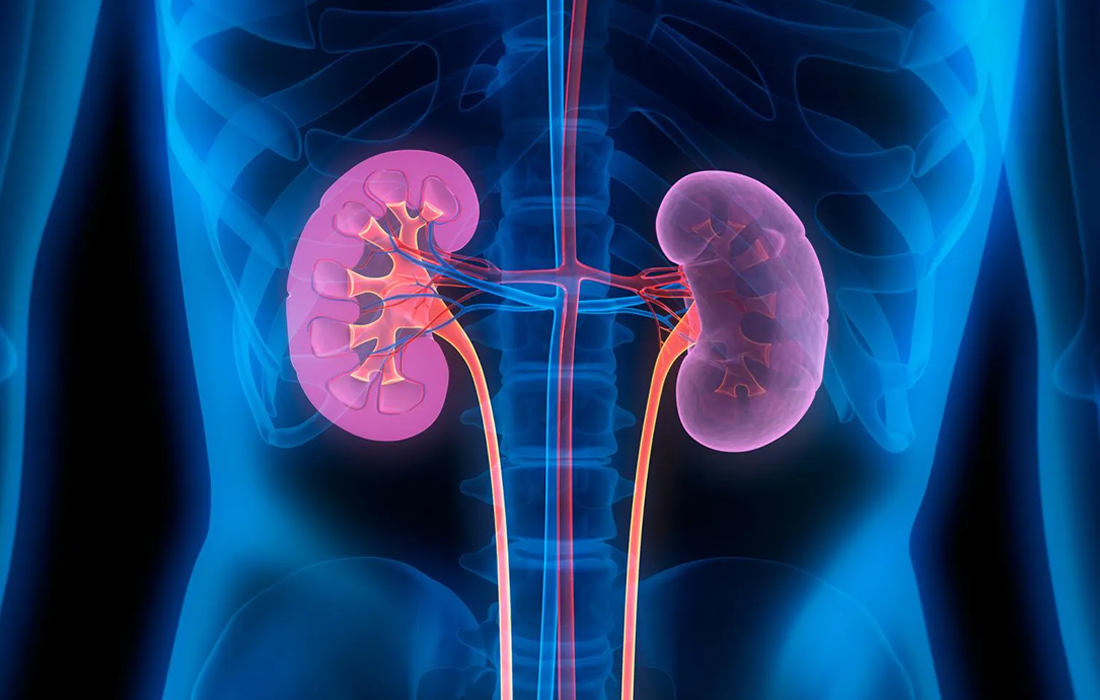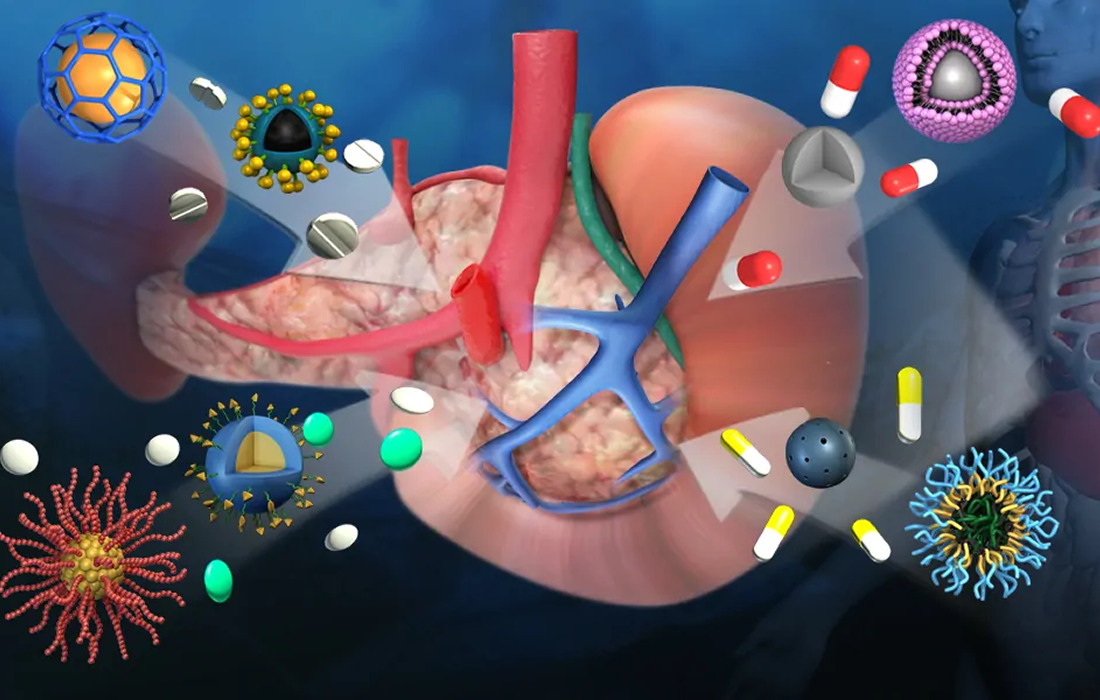Hypertension is undoubtedly the most prevalent cardiovascular disease in the world. Recent data estimate that about 1 billion adults globally have hypertension. Hypertension directly contributes to heart failure and stroke and catalyzes the onset of heart attack, renal failure, and peripheral vascular disease. What is Hypertension? Hypertension or high blood pressure is a common condition […]
Category Archives: Stem Cell Therapy for Specific Conditions
What is Ulcerative Colitis? Ulcerative colitis (UC) is a chronic, idiopathic inflammation of the large intestine (colon), which is classified as a form of inflammatory bowel disease (IBD). It is characterized by a relapsing and remitting course. Both male and female are affected equally, mostly between the ages of 30-40 years. The incidence of this […]
What is COPD? Chronic obstructive pulmonary disease (COPD) is a chronic inflammatory lung disease that causes obstructed airflow from the lungs. Symptoms include breathing difficulty, cough, mucus (sputum) production and wheezing. It’s typically caused by long-term exposure to irritating gases or particulate matter, most often from cigarette smoke. People with COPD are at increased risk […]
Ankylosing spondylitis (AS) is a chronic, immunemediated inflammatory disease that is associated with inflammation in the axial skeleton, peripheral joints and non-articular structures. Nonsteroidal anti-inflammatory drugs (NSAIDs) incontrovertibly relieve symptoms of AS and their constant use may reduce the rate of ankylosis. However, some patients have a poor response to these medications and they are […]
It is well documented that low back pain is a common and debilitating condition. Medical expenses and lost wages exceed $100-200 billion annually in the United States alone. The intervertebral disc has been identified as the single most common pain generator for low back pain. The interest in emerging bioregenerative therapies has increased over the […]
What is Peyronie’s Disease? Peyronie’s disease (PD) is an uncommon condition involving middle-aged men. It is caused by an inflammation in the tunica followed by scarring and penile curvature. It is considered a fibrotic disorder of the penis that is characterized by the formation of collagen plaques on the tunica albuginea that may cause penile […]
What is Ankylosing Spondylitis? Ankylosing spondylitis (AS) is a chronic progressive spinal inflammatory arthritis and belongs to the spondyloarthropathies (SpA) group. The clinical manifestations usually emerge in the third decade of life. AS typically affects the sacroiliac joints, axial skeleton, entheses (tendon or ligament attachments to bone) and extra-skeletal sites such as the eye, bowel […]
What is Heart Failure? Heart failure, sometimes known as congestive heart failure, occurs when the heart muscle doesn’t pump blood as well as it should. When this happens, blood often backs up and fluid can build up in the lungs, causing shortness of breath. Certain heart conditions, such as narrowed arteries in the heart (coronary […]
What is Chronic Kidney Disease (CKD)? Chronic kidney disease, also called chronic kidney failure, involves a gradual loss of kidney function. Your kidneys filter wastes and excess fluids from your blood, which are then removed in your urine. Advanced chronic kidney disease can cause dangerous levels of fluid, electrolytes and wastes to build up in […]
What is Type 1 Diabetes Mellitus? Type 1 diabetes mellitus (T1DM) is the most common chronic autoimmune disease in young patients and is characterized by the loss of pancreatic β cells; as a result, the body becomes insulin deficient and hyperglycemic. In type 1 diabetes mellitus, autoimmune destruction of pancreatic islet b cells reduces an […]

